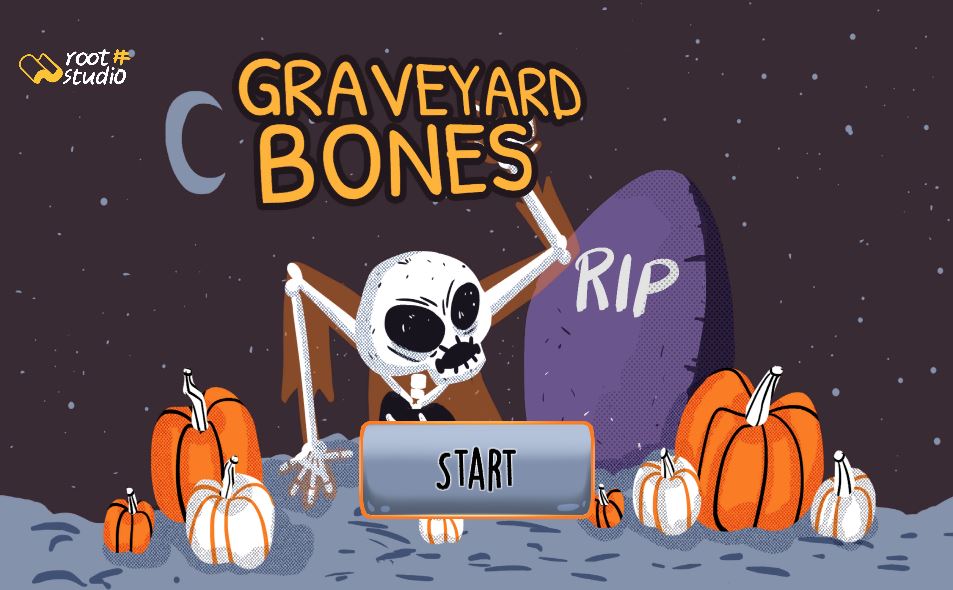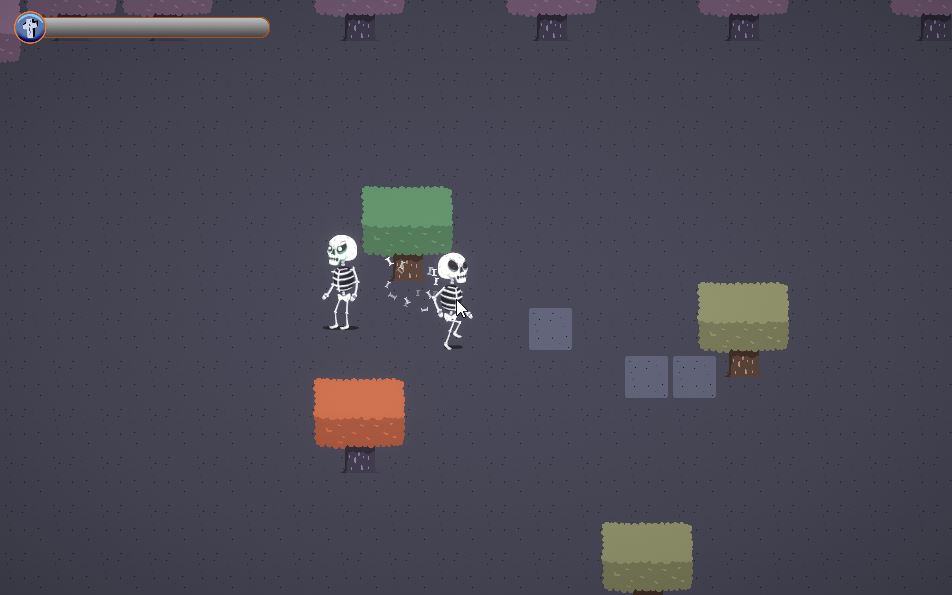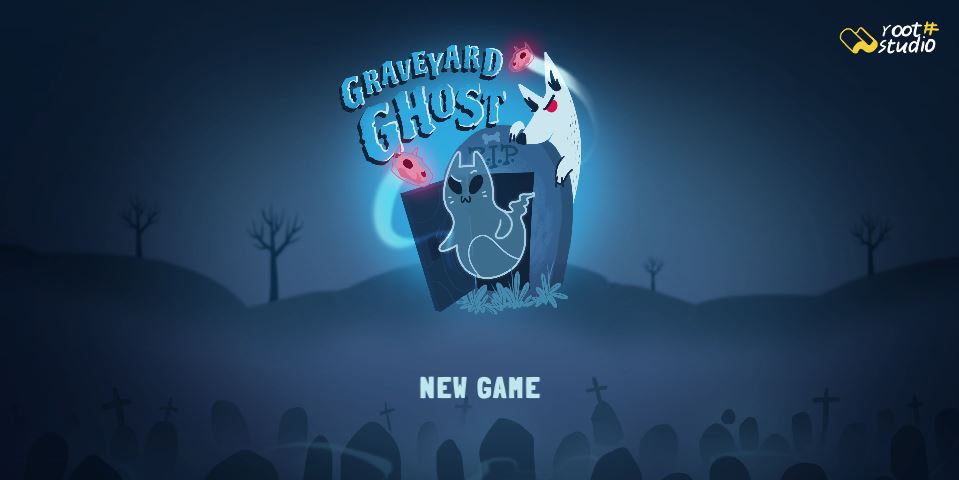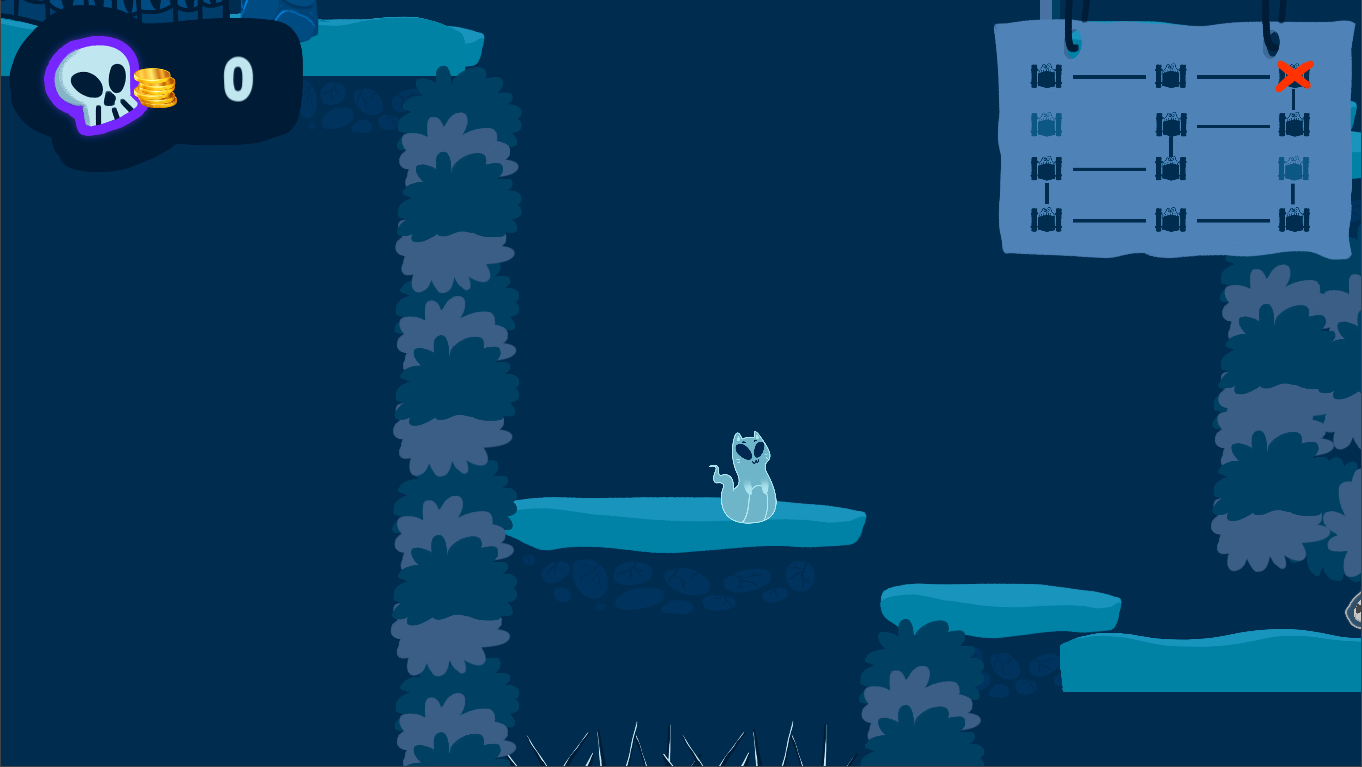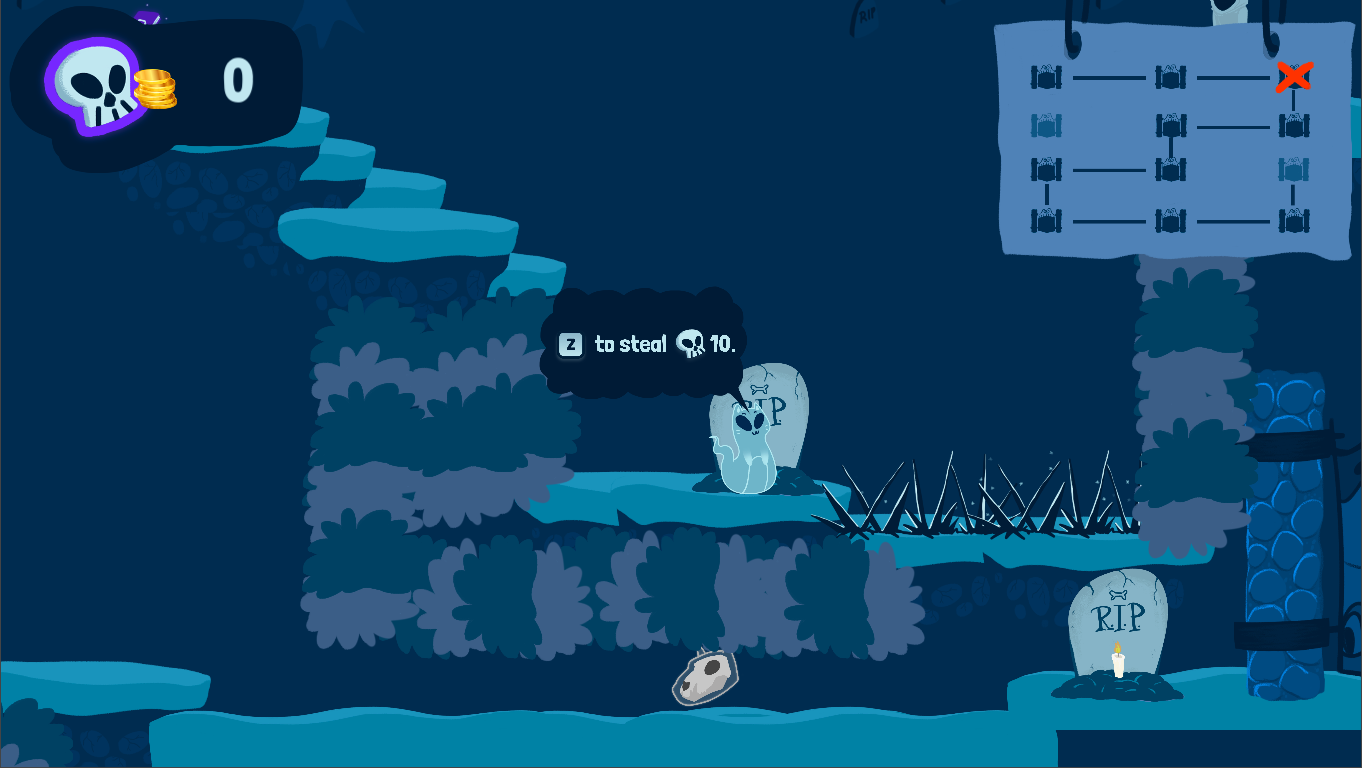A Man’s World: We Interview GameDev and Artist Ingrid Peñailillo
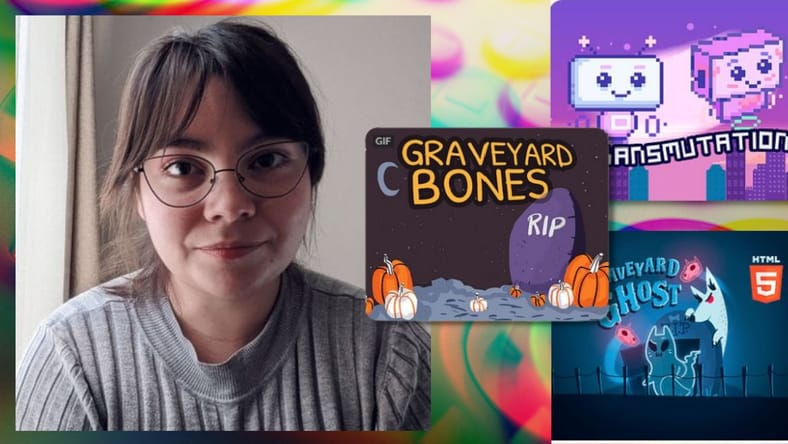
Being a game developer isn’t easy. Being a game developer in South America is harder still. But what about being a woman game developer in South America? Well, it’s not a walk in the park. Today, we interview artist and game developer Ingrid Peñailillo. A former board member for IGDA’s Paraguayan chapter, she’s got a wealth of experience and brings some very interesting points home.
NOTE: When interviewing people who’s first language isn’t English, I’ve decided not to “correct” their grammar and spelling. Though I know this may be looked down upon by some, I believe it highlights the difficulties facing non-native speakers. The industry revolves around around the English language, but not all developers have access to ESL education.
Marcos Codas: Can you tell our readers about who you are, and what you do? Also, where you do it from!
Ingrid Peñailillo: I’m a UX/UI designer for videogames. I was born and raised in Paraguay but now I’m living in Santiago, Chile. I make 2D art like concept art, map design and a little bit of level design including interaction design to achieve an engaging experience in a video game.
MC: What drew you (hehe) to becoming an artist, illustrator and developer? What about the medium made you go: “I want to do THAT!”?
IP: I always loved to draw characters and stories, since I was a kid like mosts artists and people. I’ve always made fanarts of my favorite cartoons, but I was never directly exposed to video games until I was a teenager, because I was raised in a very conservative family and most of the decisions for the activities and entertainment for the kids were absurdly sexist. For example the fact that the girls in the house cannot played video games, because they though it was too violent or because the protagonists and the stories, etc. Of course I wanted to play, but there was a strict prohibition at home.
So when I became a teenager, had access to my first computer, or another friend’s console, I started to play video games.
At the same time I started into drama school so I think that had something to do with my interest in art direction, lightning and experience design. And I’ve never stopped drawing things.
Video games have always relied on existing art to create their content. I love theater, drawing and design. And I’m passionate about building things from scratch, especially when people tell me I can’t do it.
MC: Growing up in Paraguay, what are some of the challenges you’ve had to overcome in order to become an artist and developer?
IP: There is no training opportunities to build a career in video games there. The people in Paraguay working on video games were formed on internet, or as self taugh. This makes it a privileged career. Not everyone has access to internet in Paraguay, is very unequal between the richest and poorest houses. I remember having access to the internet when I turned 12 and It was a good time for my parents economically.
And yet we still have video game studios, founded by people from the software industry, or the advertisement industry. We struggling to form a gamedev community of professionals and enthusiasts, to obtain funds to go to conferences and business meetings, or give people the posibility to learn from the local devs/artists.
The country itself is just getting started to include video games as part of the creative industries of Paraguay (legally and politically), there has been a few programs to promote game studios but there is still a lot of work to be done there.
We have a small, strong community with high hopes of growth. The talent and ability is remarkable, as well as the low female representation, much less of people from the lgbtq+ community.
We need safe spaces and activities to boost women’s participation. I think that it’s the main challenge a person identified as a woman faces in Paraguay. And many people in the global community say that this is not necessary, but I think they need to listen to the womens. There is a lot of information about it over there.
MC: What are some of the tools you use to overcome those challenges?
IP: Game jams gave me the enthusiasm and determination to make videogames, I always learn a lot during a game jam. I’m a fan, I almost never missed any Ludum Dare or Global Game Jam since I started to participate in those events. Online learning was also very important to me, I have a very special place in my heart to Brackeys and all those illustrators on Artstation.
MC: What is the job marketplace like in Paraguay in particular, and South America in general, for an artist and developer?
IP: There is a few game studios in Paraguay, although there are not many professionals with trained experience in videogames, there is a lot of people who is working alone, learning or doing something related to videogames. There is also a growing market for advergames. There are some opportunities for developers and artists right there, but of course opportunities expand when you look outside. Chile has many active video game studios with constant vacancies, as Uruguay and Colombia, and then you have Brazil and Argentina.
MC: What are some of the achievements you’re the most proud of in your career so far?
IP: Having the opportunity to develop my gamedev career outside of my country of origin. And to meet very diverse and different people around the world who have taught me a lot about art and design for videogames.
MC: What are some of the short-term and long-term goals you have, professionally speaking?
IP: I want to become a technical artist and UX game researcher.
MC: What is your favorite aspect of the gaming industry? What about your least favorite?
IP: My favorite part of the gaming industry is the collaboration, as a player and as game developer that is by far my favorite part. The support you get from other players is very important, whether you are playing the game, building a community for it, or testing it as a designer.
My least favorite aspect of the gaming industry is the toxic behavior of the gamers against the studios and/or devs.
MC: What are your thoughts on the current state of diversity and representation within the gaming industry?
IP: Of course I’m happy that more women and people from the LGBTQ+ community are participating in the gaming industry and is becoming “normalized”, as if we were an alien species for this sport, like pandas or tigers -and yet this mammals also have the ancient instinct of playing-
Should always have been this way, we don’t need to be fetishized or treated in any special way (in good or bad way). We are just humans who loves to play video games, some people with the talent and training to play it professionally, which is amazing!
MC: Thank you for your time! Where can people check out some of your stuff?
IP: You can visit my itch.io page! https://singridraws.itch.io/
Categorized:Editorials

